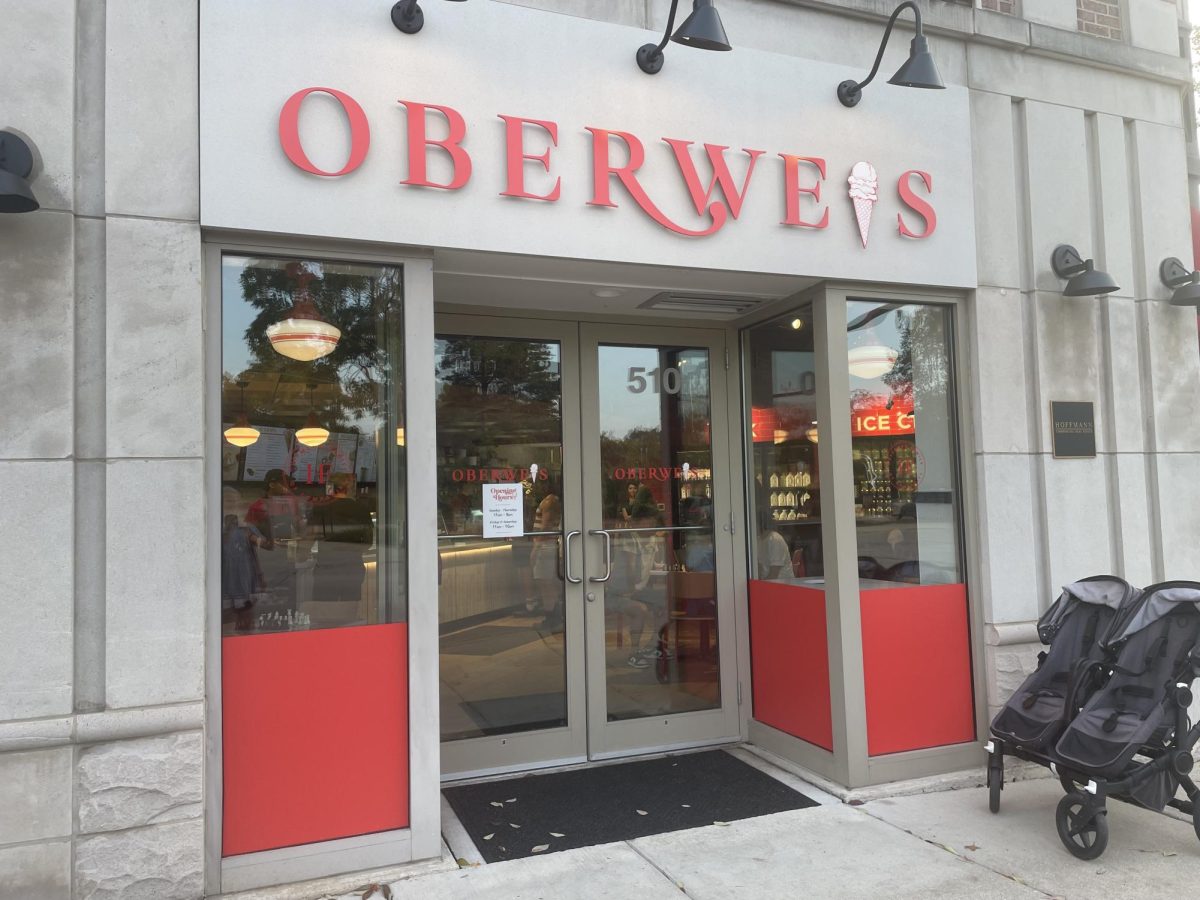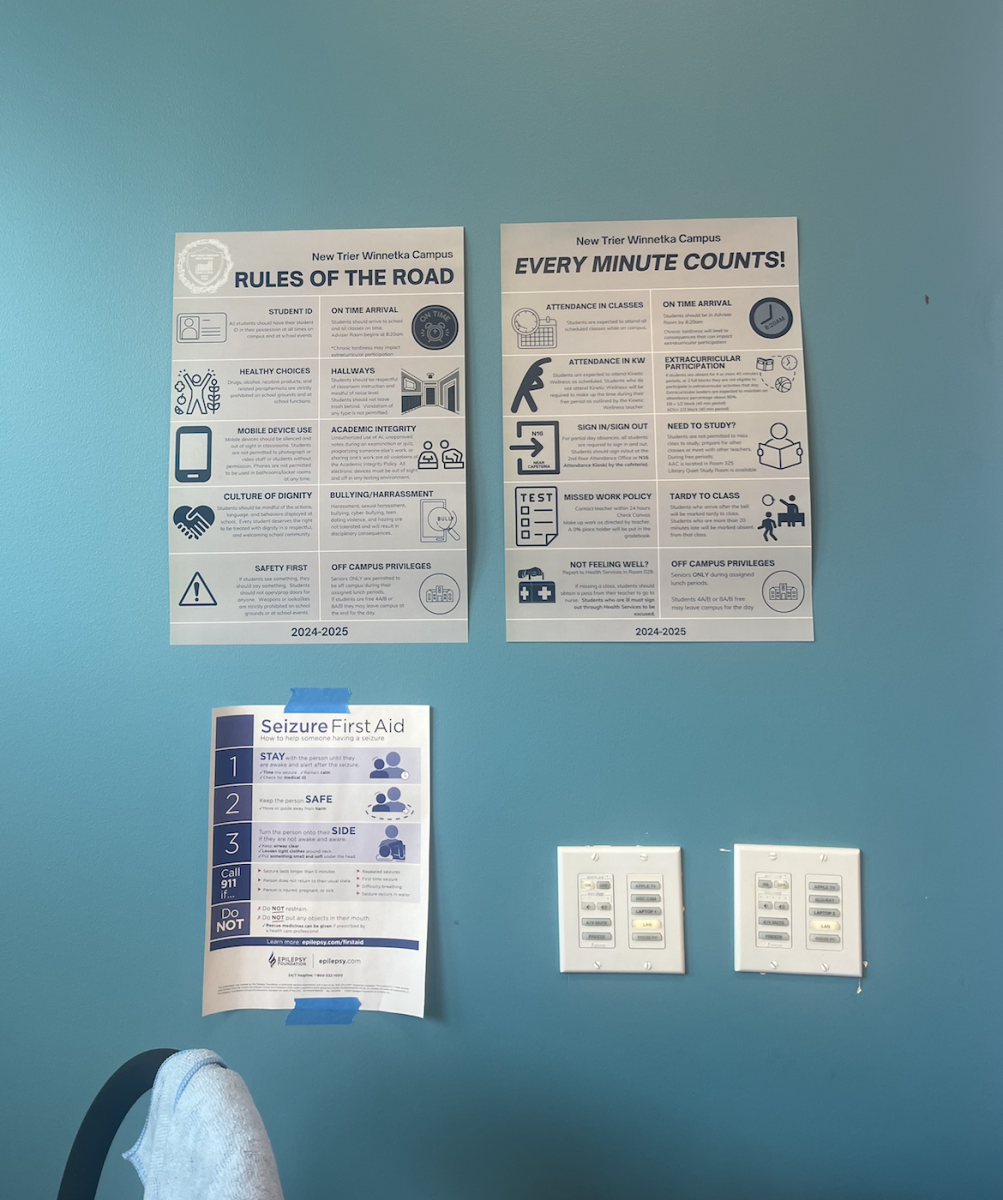Minorities respond to N-word presentations
Students reflect on the effectiveness of the presentations
The N-word presentations in advisery were focused on addressing discriminatory words and actions di- rected against the black community within the school and beyond. But there are other races which find them- selves in the minority population at NT amid the 79.9% white population.
Many other minority students expressed they haven’t been a recip- ient of blatant hurtful speech on ac- count of their race, but they still no- tice subtle harmful statements.
Senior Nico Toban, whose par- ents are both from Colombia, said sometimes he receives small ignorant comments about his ethnicity.
“I think people tend to be lowkey about it,” he explained. “Someone in my AS class last year came up to me and asked me what my parents accent [sounded like] in English and then asked me to reenact it. I was like, ‘Really?’.”
For biracial students, they some- times struggle with people being unaware of their ethnicity and thus proceeding to make offensive comments about part of their identity.
“I’m mixed enough that some people who don’t know me that well don’t think about my race enough to assume I’m anything other than white, and make comments about Asian people that I don’t think they would make if they realized there was an Asian person right next to them,” said junior Pearl Shing-Roth who is of Caucasian and Asian descent.
With the experiences of these racial minorities in mind, some stu- dents feel it would have been bene- ficial to broaden the N-word presen- tation to encompass more racial slurs and other offensive behavior.
Junior Annie Scadron, who’s half Filippino and half Causasian, feels broadening the conversation could have been beneficial as it may have made the black community feel less singled out during the presenta- tions.
“I can’t speak from experience but if I were in that situation, I would feel extremely uncomfortable and like they were targeting me and my ethnicity,” said Scadron. “I feel like there’s power in numbers. The more people you have, the less uncomfort- able you feel because you can relate to more than just a handful of people.”
But while a discussion of all the transgressions targeted against races may be ideal, many acknowledged that it is by no means an easy task.
“One of the more difficult as- pects of tackling general racism for the school is that you can’t just pinpoint it to one word that you can educate students on and build a con- versation around,” said Shing-Roth. “Discussing racism towards all mi- norities has to be a much bigger un- dertaking that challenges the funda- mentals of what a lot of people at this school have been taught, and that’s a challenge that I haven’t seen the school adequately take on.”
Junior Devlin Guthrie noted the difficulty of trying to have a discus- sion while not prompting discrimina- tory behavior to escalate.
“I feel like the school could probably do a better job of including other racial slurs but I know it’s diffi- cult where you draw the line between promoting it and addressing it,” said Guthrie.
Junior Mira Gupta, who is half Greek and half Indian, feels focusing on specific groups allows for more productive conversation.
“I think it’s better to focus on smaller groups because it gives you more of a chance to speak about your own experiences,” said Gupta. “It al- lows people to focus in on the topic more and less on generalizations.”
Some feel the approach and mindset applied in facilitating these discussions ought to be reassessed entirely.
For Scadron, the N-word presentation was a good start in having these discussions but not a realistic way to achieve significant change go- ing forward.
“I don’t think a powerpoint presentation should be used in the future because I felt like it was more going through a slide than a presentation with passion and emotion,” she said.
Toban took it a step further and said that he feels the N-word presentation is a step back in how the school addresses the topic of race since they cancelled the All-School Seminar day addressing race which they held in 2016 and 2017.
“I think the school showed when they cancelled race day that they don’t really care about racism at this school. I think they understand it’s a problem but they’re not ready to put their full weight behind it and they’re super susceptible to pressure so they’re willing to do the smallest thing to make a change,” Toban em- phasized.
Gupta said that while the N-word presentation was far from perfect, she’s hopeful more discus- sions will follow which will steadily bring about change.
“I think it’s important that we had the conversation in the first place,” Gupta said. “The only way to go from here is to keep having the conversations and it will get easier and more effective.”





































